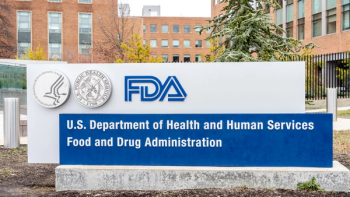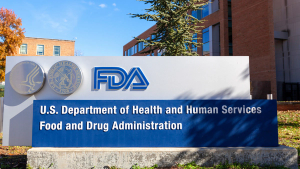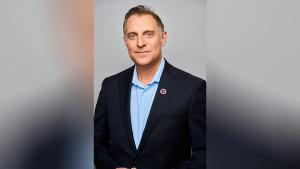
TrumpRx is meant to reduce drug costs, but Americans are wondering how it works and what impact it will have.
Mike Hollan is an assistant managing editor for Pharmaceutical Executive and Medical Device and Technology and can be reached at mhollan@mjhlifesciences.com.

TrumpRx is meant to reduce drug costs, but Americans are wondering how it works and what impact it will have.

What did industry experts and insiders tell Pharmaceutical Executive at the start of 2026?

The site offers users coupons for a limited number of medications that can be redeemed at pharmacies and/or manufacturer DTC sites.

The report details expectations regarding follow-up communications and materials.

Angela Schwab, CEO at Trialynx, continues her conversation with Pharmaceutical Executive, this time detailing her experience with debuting her company at the conference.

FDA PreCheck will provide benefits to manufacturing sites that fit criteria focused on benefiting the United States.

Teva’s VP of US innovative medicines marketing discusses the origins of the company’s new campaign featuring comedian Will Forte.

Trialynx CEO Angela Schwab discusses where she saw AI succeeding and failing at the healthcare conference.

In the final part of his conversation with Pharmaceutical Executive, Clay Siegall (president and CEO of Immunome) details the next steps for his upcoming medication.

The preservative, which contains a form of Mercury, has long been the target of anti-vaccine groups, despite studies demonstrating its safety.

EVERSANA president Greg Skalicky continues the conversation, providing details about the commercialization strategy.

Immunome president and CEO Clay Siegall explains why the weeks following JP Morgan are just as important as the conference itself.

Precigen's president and CEO discusses the recent launch of Papzimeos.

Clay Siegall, president and CEO of Immunome, discusses what he saw investors getting excited for at the annual healthcare conference.

Poor visualization techniques can oversimplify reality and make data less potent.

In the final part of his conversation with Pharmaceutical Executive, Ken Keller discusses what his expectations are following the healthcare conference.

Catalyst’s executive director of patient advocacy discusses the company’s new undergraduate program that provides participants with real-world experience in advocacy.

When researchers excluded studies that did not use proper methods to collect data, the results showed no connection between the medication and genetic disorder.

The biggest and most important takeaways from the recent JP Morgan Healthcare Conference.

Jeff Liter, CEO of Luminary Therapeutics, discusses the importance of demonstrating clinical evidence at the JP Morgan Healthcare Conference.

Ken Keller, Daiichi Sankyo’s head of global oncology and CEO of US operations, discusses the importance of bringing quality data to the JP Morgan Healthcare Conference.

Daiichi Sankyo’s US CEO and head of global oncology Ken Keller explains what his expectations are for JP Morgan prior to the conference.

Company executives detailed the company’s strategy for the coming year amidst a flurry of announcements.

David Ricks detailed how the company plans to build on the success of Zepbound and Lilly Direct.

CEO Rob Davis details specific funding forecasts for the company beyond Keytruda.

The company plans to expand its pipeline and be less reliant on a small number of blockbuster drugs.

As part of her continuing conversation with PharmExec, Trialynx CEO Angela Schwab goes into detail the importance of understanding a site’s abilities during the development stage of a trial.

CEO Christopher Boerner detailed the company’s plan to grow ahead of 2030.

Angela Schwab, founder and CEO of Trialynx, discusses the importance of designing trials around patients and how doing so doesn’t have to come at the cost of generating good data.

In the third part of her conversation with PharmExec, Trialynx founder and CEO Angela Schwab discusses the causes and solutions for high failure rates in clinical trials.

Published: April 29th 2024 | Updated:

Published: July 25th 2025 | Updated:

Published: January 19th 2026 | Updated:

Published: June 25th 2024 | Updated:

Published: March 11th 2025 | Updated:

Published: May 27th 2025 | Updated: